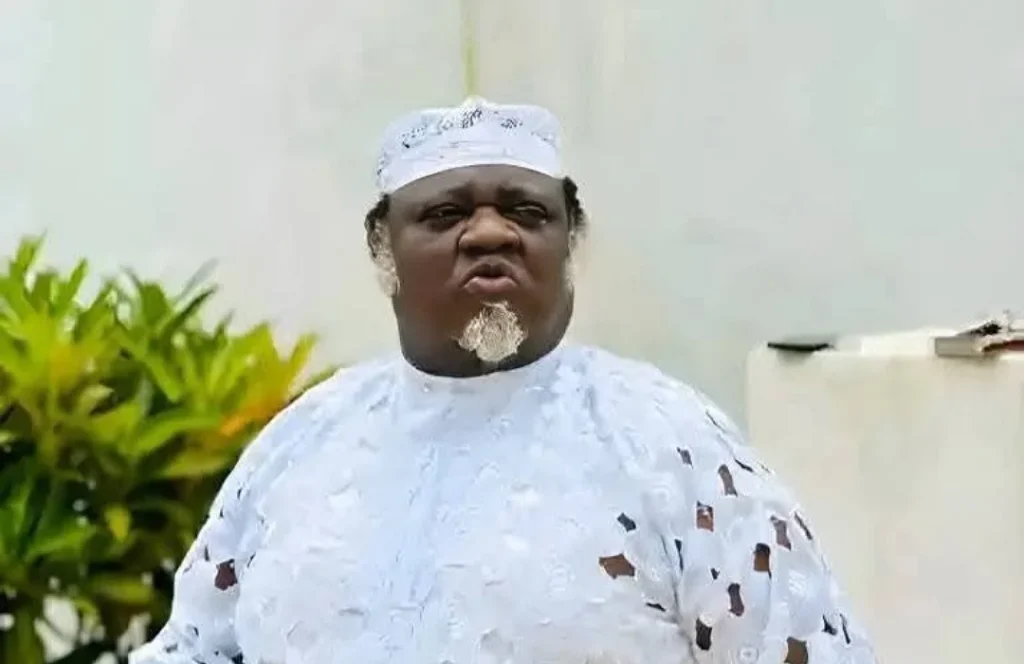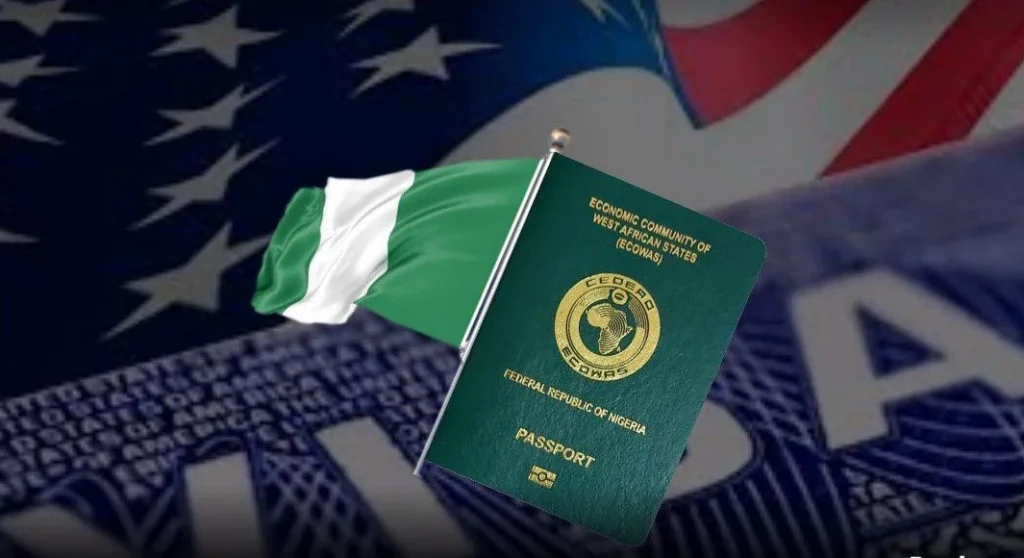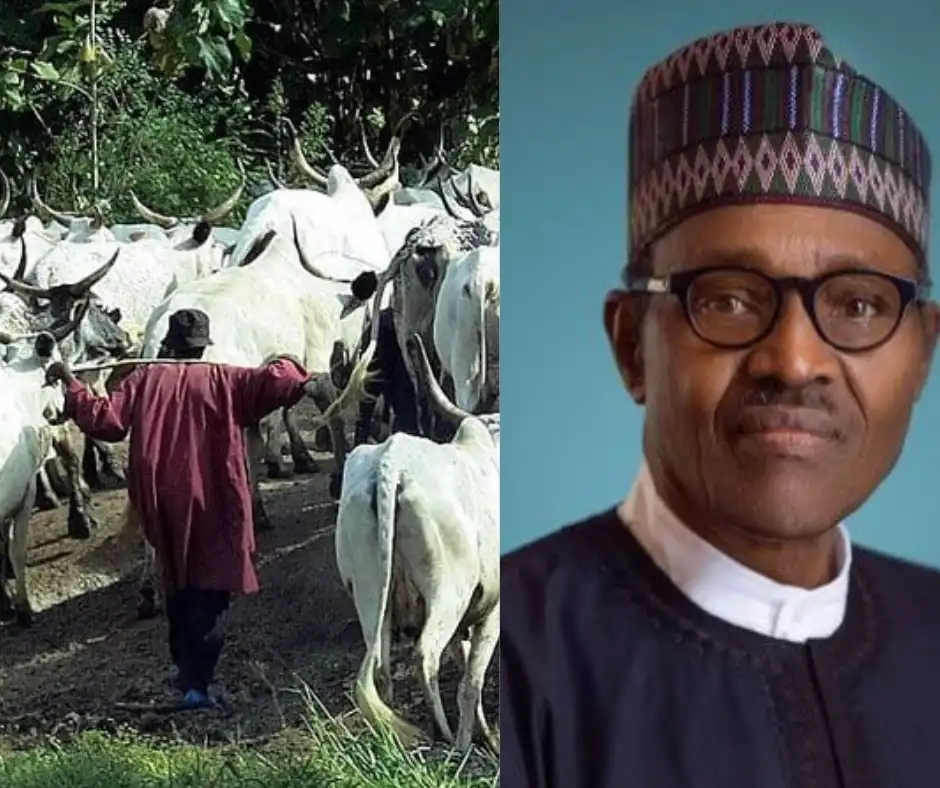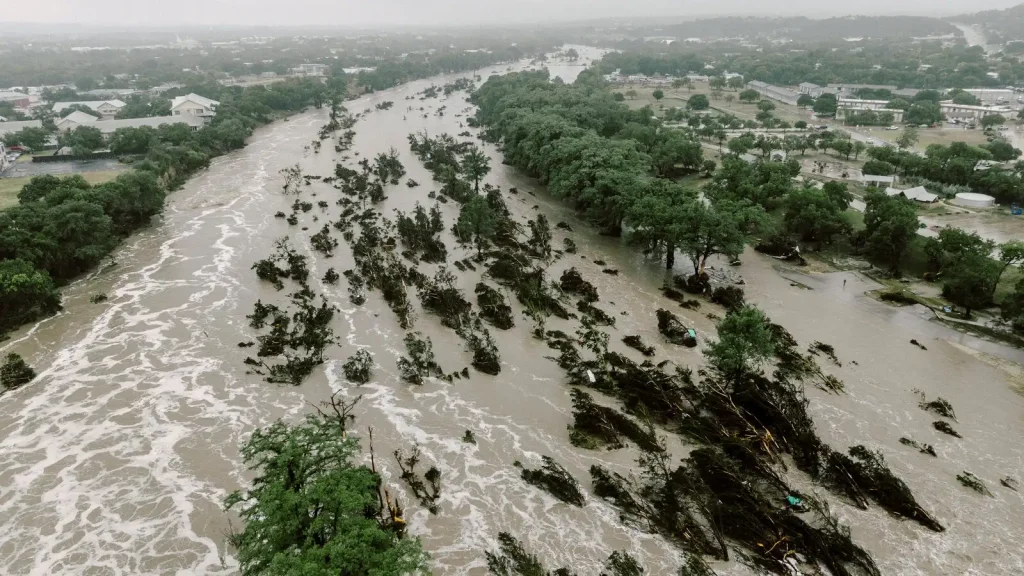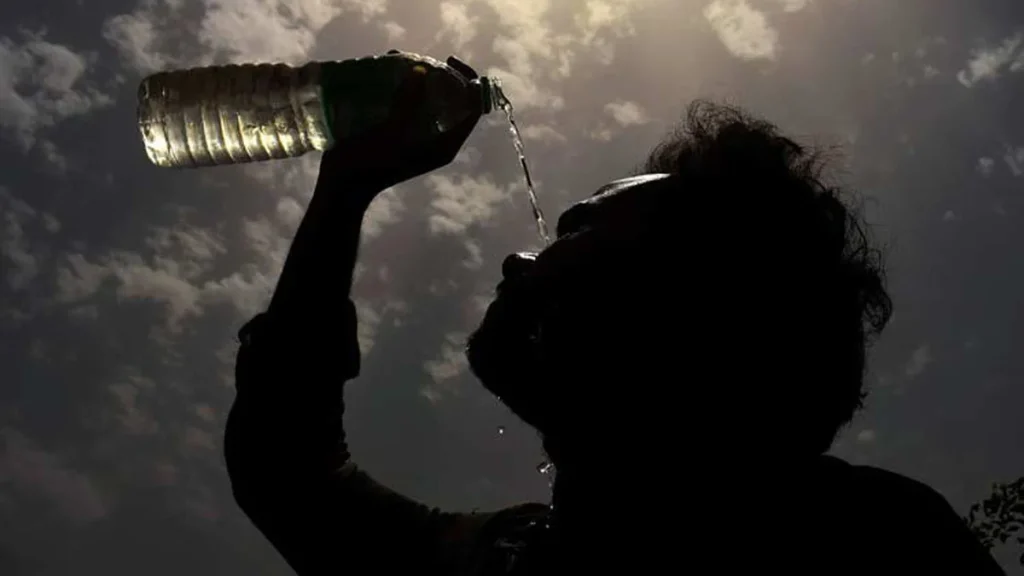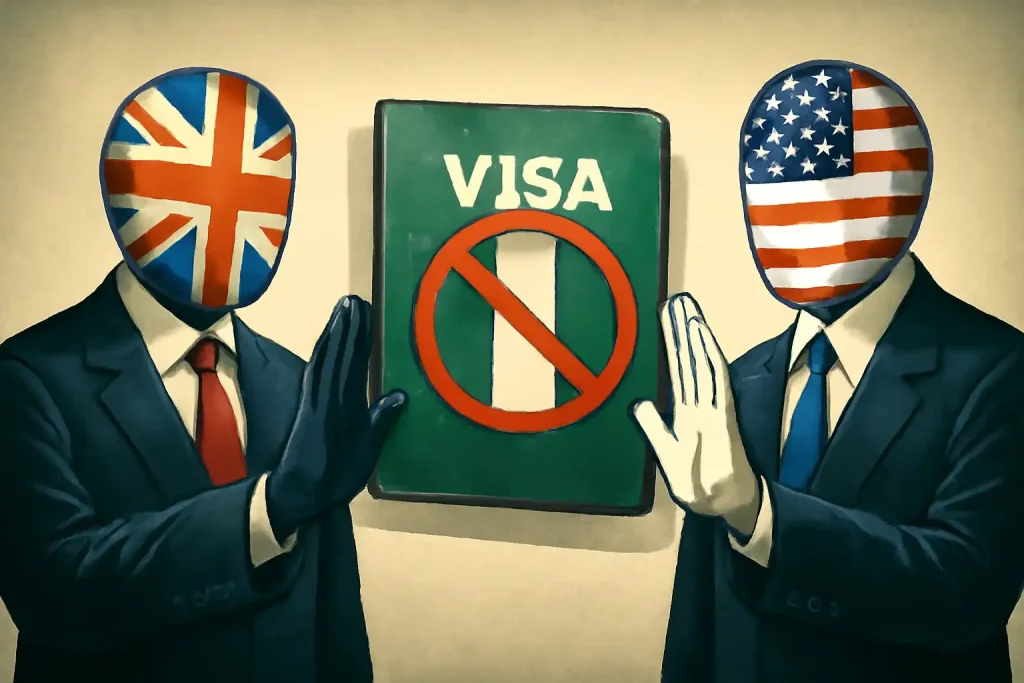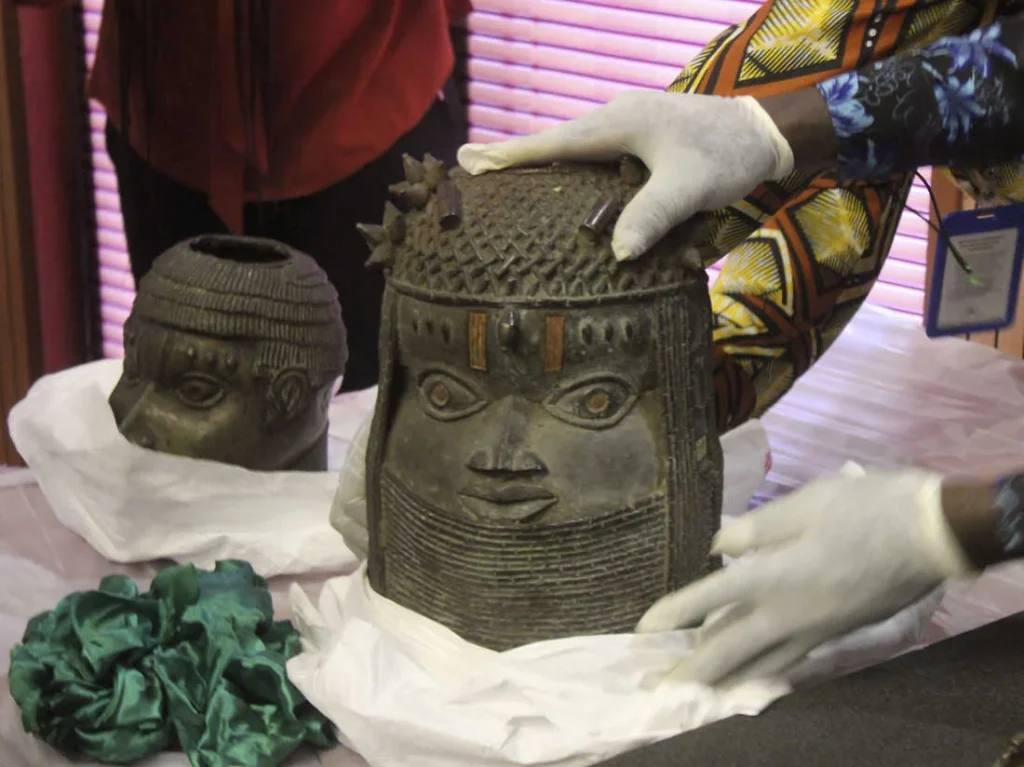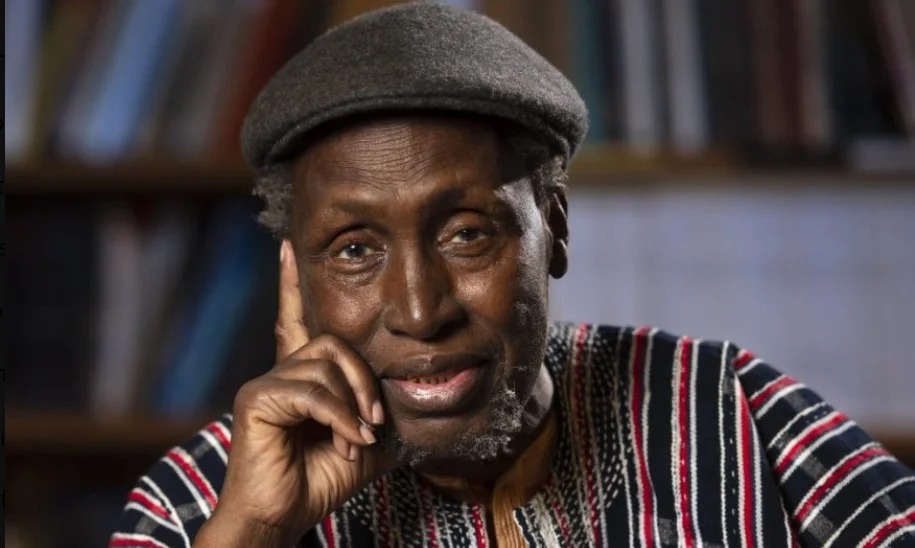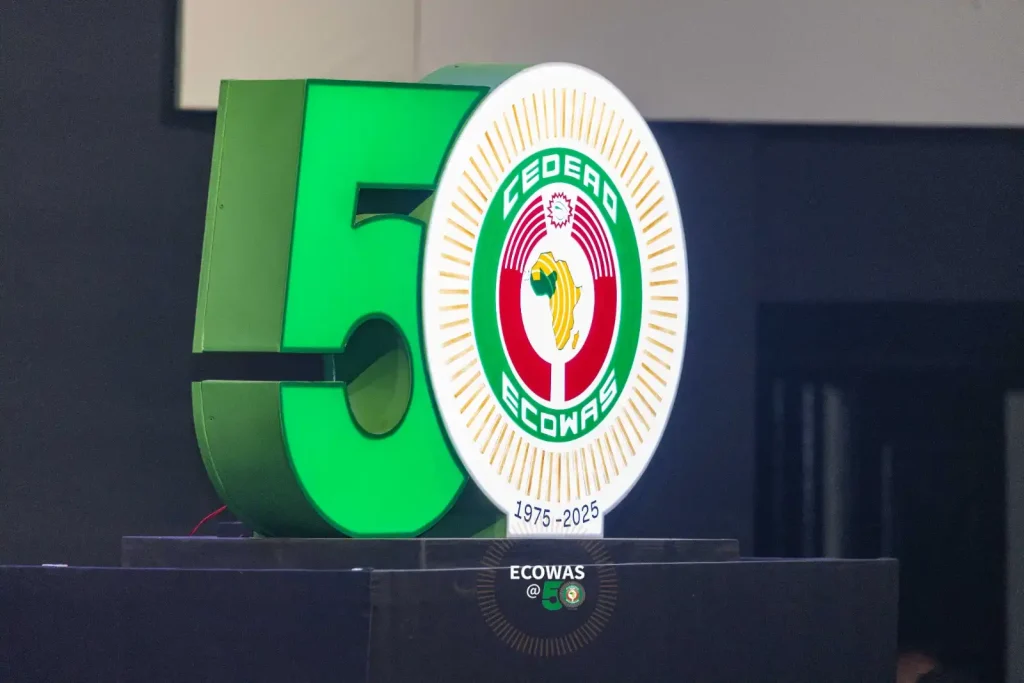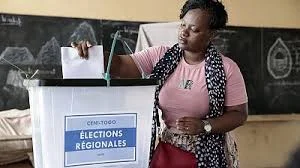 In January 2021, Togo held legislative elections amid a politically charged atmosphere, with widespread calls for reform and allegations of government repression. The election, conducted on January 22, 2021, aimed to fill 91 seats in the National Assembly. This event took place under close observation by both local and international stakeholders, reflecting the country’s fraught political climate.
In January 2021, Togo held legislative elections amid a politically charged atmosphere, with widespread calls for reform and allegations of government repression. The election, conducted on January 22, 2021, aimed to fill 91 seats in the National Assembly. This event took place under close observation by both local and international stakeholders, reflecting the country’s fraught political climate.
Voter turnout was reported at around 66%, signaling active citizen participation despite growing concerns about the fairness of the electoral process. The elections were primarily contested by the ruling Union for the Republic (UNIR) party, led by President Faure Gnassingbé, and a coalition of opposition parties known as the “C14.” The opposition had unified to challenge what they saw as a long-standing dominance by the UNIR.
Leading up to the elections, the political environment in Togo was tense. Numerous protests erupted as opposition figures demanded reforms to enhance democratic governance. The opposition accused the government of stifling dissent, restricting freedoms, and manipulating electoral laws to maintain its grip on power. A controversial law passed in December 2020, which allegedly limited opposition parties’ ability to campaign effectively, only heightened these concerns.
On election day, allegations of voter intimidation and harassment emerged, especially from opposition supporters who claimed to have been targeted by security forces at polling stations. Despite these claims, the Togolese government insisted that the elections were conducted transparently and fairly. The Independent National Electoral Commission (CENI) supported this stance, noting the presence of international observers, including delegations from the Economic Community of West African States (ECOWAS) and the African Union (AU). These organizations were tasked with monitoring the elections to ensure credibility.
Preliminary results pointed toward the ruling UNIR party maintaining a significant majority in the National Assembly, continuing its long-standing dominance of Togo’s political sphere. However, the C14 opposition coalition quickly contested these results, alleging widespread irregularities. Opposition leaders demanded a recount, claiming that votes had been suppressed and key data manipulated to favor the UNIR. Tensions escalated as the C14 vowed to challenge the outcome both politically and legally.
With the election results leaving the political scene unsettled, Togo’s opposition parties called for renewed efforts to reform the electoral process. President Faure Gnassingbé, in power since 2005, faced increased pressure to implement changes that would promote democratic governance and address the widespread discontent simmering across the country. For years, opposition groups and civil society had pushed for electoral reforms, seeking greater transparency and inclusivity.
The international response to Togo’s 2021 legislative elections was mixed. While some countries and organizations expressed support for the electoral process, others urged the Togolese government to address concerns about electoral integrity. The situation drew attention from international human rights organizations, which called for greater respect for the will of the people and emphasized the importance of political reforms to avoid future unrest.
As Togo navigated the aftermath of the 2021 elections, the path forward appeared uncertain. Both the government and opposition recognized the need for dialogue to resolve ongoing tensions and restore public trust in the political system. Many observers, both domestic and international, stressed that without significant reforms, Togo would continue to face challenges in securing political stability and democratic governance. The events of 2021 served as a stark reminder of the fragility of Togo’s political institutions and the urgent need for electoral reforms to ensure the country’s long-term stability.


